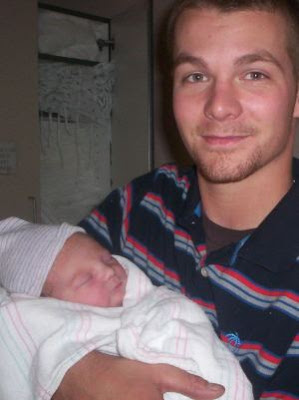Repent And Be Baptized

Repent And Be Baptized "Now when they heard this they were cut to the heart, and said to Peter and the rest of the apostles, Brothers, what shall we do? And Peter said to them, Repent and be baptized every one of you in the name of Jesus Christ for the forgiveness of your sins, and you will receive the gift of the Holy Spirit." Acts 2:37-38 CUT: "Katanysso", to pierce thoroughly, to agitate violently; from "kata" (down) and "nysso" (to prick) REPENT: "Metanoeo", to think differently, reconsider; from "meta" (accompaniment, "amid", participation) and "noeo" (to exercise the mind, or observe) and "nous" (the intellect or mind) and "ginosko" (to know) BAPTIZED: "Baptizo", to make whelmed, fully wet; from "bapto" (to whelm, cover wholly with fluid, to moisten or stain) FORGIVENESS: "Aphesis", freedom or pardon; from "aphiemi" (to send







